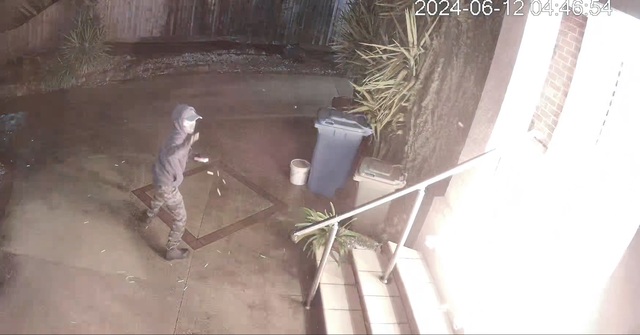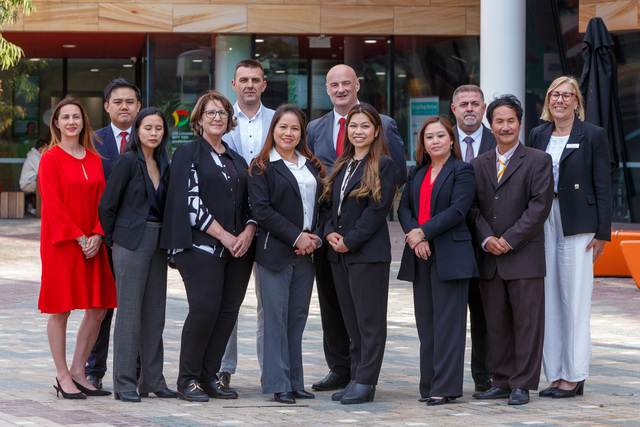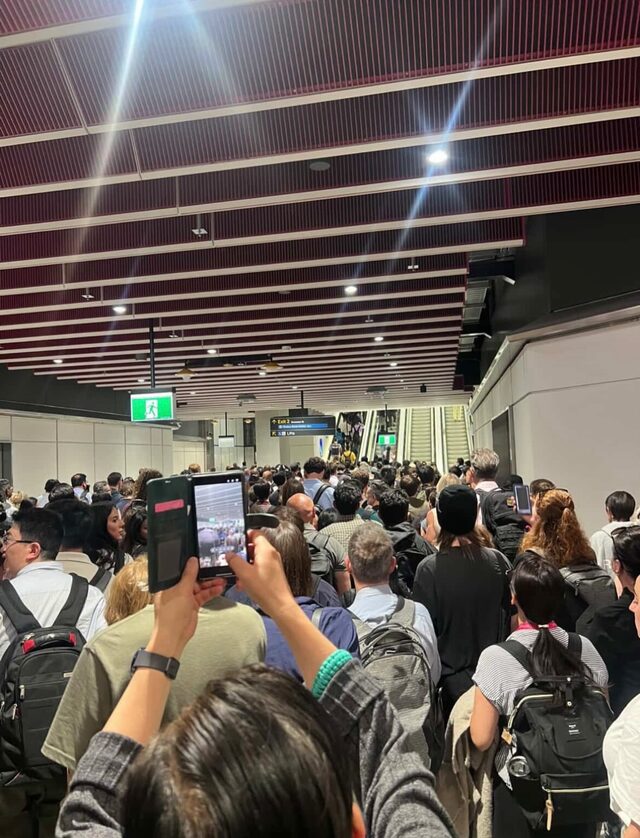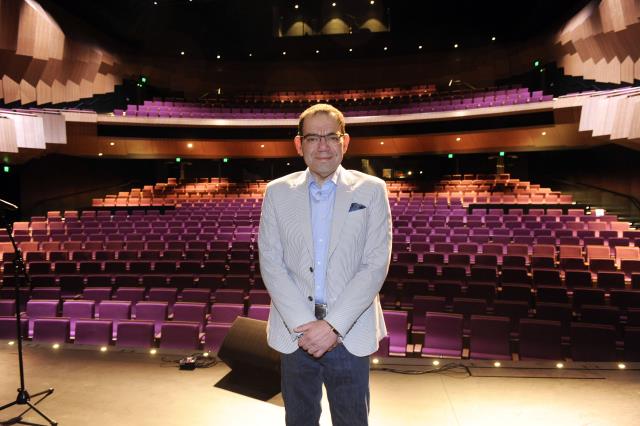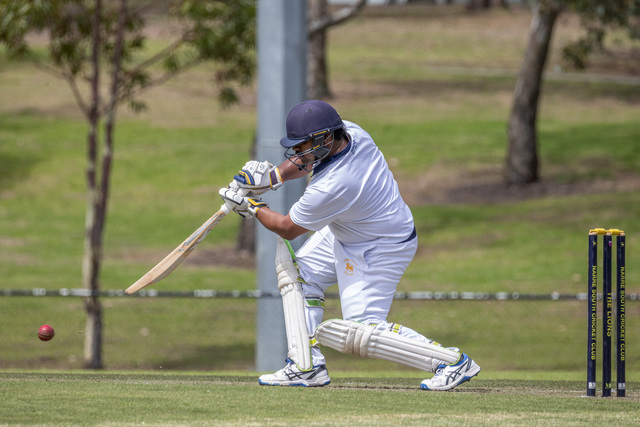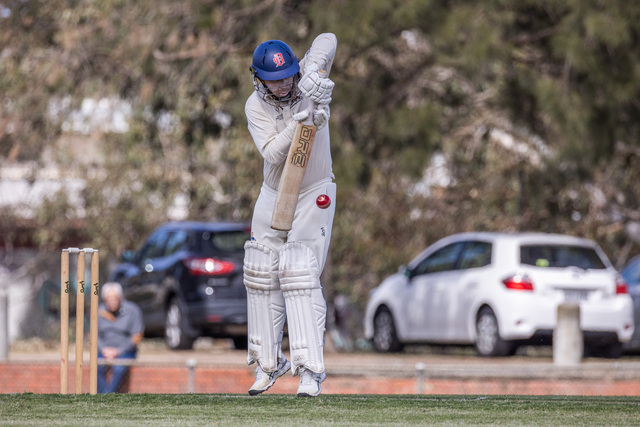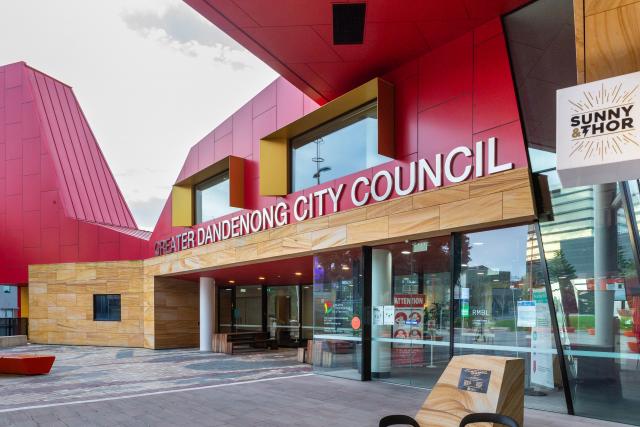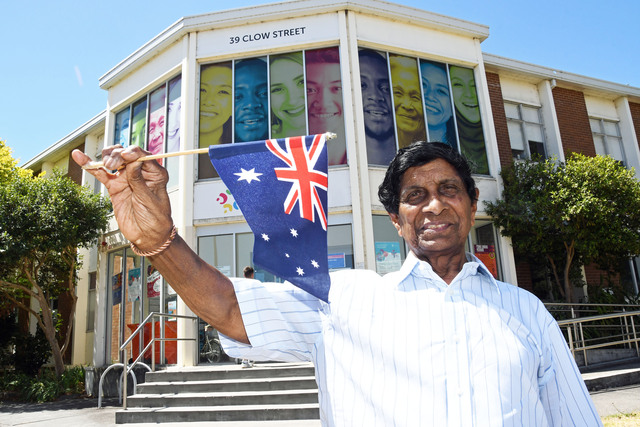Areas of suburban Melbourne are set to face economic woes – with Dandenong being the worst hit of all – as tens of thousands of JobSeeker recipients face drastic cuts to their coronavirus supplement before it is ultimately phased out in 2021.
Almost 10,600 people or 3 percent of Victoria’s JobSeeker recipients live in the Dandenong region, according to information from the Department of Social Services released in November 2020, as the Covid-19 pandemic pushed many out of work and reliant on government support.
The figures revealed that in mid-November 2020 across Victoria, 365,276 people were receiving JobSeeker, with an extra 98,422 people receiving Youth Allowance – meaning the post-Christmas cut will see hundreds of thousands of Victorians struggle to get by.
The cut came into effect on Friday 1 January 2021 and saw the fortnightly coronavirus supplement for those on the $565.70 a fortnight JobSeeker payment slashed from $250 to $150.
It will be stopped altogether on Wednesday 31 March 2021.
Project services manager at the Greater Dandenong Chamber of Commerce, Lisa Moore, said that for many people with a strong employment history who were forced out of work during the pandemic, the JobSeeker scheme was not providing enough support and would “barely cover the increased cost of groceries… let alone many of the maintenance requirements of life”.
“The additional stimulus has helped keep some families afloat, with many in survival mode, however the crisis is not over,” Ms Moore said. “Chamber members tell us that the full crisis is set to hit in early 2021.”
Ms Moore said that many struggling people had placed a “mortgage pause” on their business and/or home during the height of the coronavirus pandemic in Melbourne, but this payment delay would come to an end in January, leaving many mortgage payers with “less equity than pre-Covid and more to repay per instalment, to cover the debt accrued during the pause”.
She said that “people have held on as long as they can” and added that for many small businesses, it would take one to two years “to fully recover financially”.
According to Ms Moore, the high number of JobSeeker recipients in Dandenong and across Victoria was not because of a lack of skilled, motivated workers but rather down to the unstable economy.
“People are motivated to look for work because of a sense of hope about having a different and better future than the one they currently see. They usually have strong self-efficacy and a history of being successfully employed when the economy is stable,” Ms Moore said.
“However, the economy is not stable. It is more than likely that many of these JobSeekers have experienced at least one or possibly several of the impacts of Covid such as grief, trauma, and a decline in mental health, family violence, and financial hardship for the best part of a year.
“What they need more than anything is to experience success again, to feel in control of their livelihood, their lives, and to be able to support their families.”
Daniel Cheng, the president of the Springvale Asian Business Association (SABA), said that the coronavirus supplement cuts to JobSeeker would see many people in the area struggle, as families such as his own relied on this support at the moment.
“It will definitely have a big, big impact and people will suffer a lot, across many industries,” Mr Cheng said.
“At the moment there are not many jobs out there, and people can’t actually find jobs at this moment in time because everywhere people are being cut.”
As a real estate agent himself, Mr Cheng said it would “take a long time” for his, and many other industries “to return back to normal” and the cuts would prove challenging to many people post-holiday season.
However, the chief executive officer of the South East Melbourne Manufacturers Alliance Inc. (SEMMA), Vonda Fenwick, said that with impacted industries such as hospitality, tourism and retail set to “rebound” over summer and the continuation of low Covid case numbers, it was only a matter of time before the coronavirus supplement was phased out.
“The Covid supplement may have tempted some to stay in bed, but for many it just meant a bit less financial pressure and once the supplement has gone it will certainly be a lot less attractive after March 21,” Ms Fenwick said.
From a manufacturing perspective, Ms Fenwick said that things were looking promising and starting to improve in terms of employment and job availability in Melbourne’s south east region once again.
“SEMMA’s most recent Covid impact survey, after months of negative feedback in terms of jobs, hours worked and revenue losses, is showing more positive results, particularly on the employment front,” she said.
“Manufacturers have reported hiring and looking to the future, one reported 22 percent growth and several who had moved to three to four day weeks are now back to five days.”
Ms Fenwick agreed that there was no shortage of people looking for work and said that the most significant factor in a local economic recovery post-Covid would be “the number and quality of jobs available”.
“During the pandemic it was clear that many people would have loved to be working, but the jobs were simply not there,” she said.
“As the economy recovers the employment situation will improve.”
For more information on the changes to the coronavirus supplement for JobSeeker recipients visit www.servicesaustralia.gov.au


